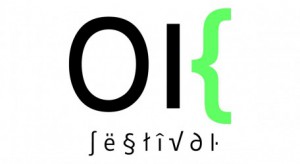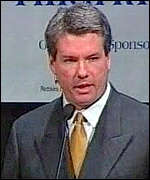
Helsinki will host the first Open Knowledge Festival from September 17th to 22nd, 2012. The event, organized by The Open Knowledge Foundation (UK), The Finnish Institute in London and the Aalto Media Factory, will focus on the value that can be generated by opening up knowledge, the ecosystems of organisations that can benefit from such sharing and the impacts transparency can have in our society.
The OKFestival combines for the first time two annual events dedicated to open knowledge and information sharing: the Open Government Data Camp (OGDCamp), that last year gathered over 400 representatives of more than 40 nations in Warsaw (Poland), and the Open Knowledge Conference (OKCon), last year in Berlin (Germany).
The OKFestival 2012 programme features lectures, workshops, hackathons, satellite events, meetings, film screenings and participatory sessions. Thirteen main topic streams will be presented during the event: from Open Democracy and Citizen Movements to Open Cities, from Open Research and Education to Open Source Software, from Data Journalism and Visualisation to Gender and Diversity in Openness.





